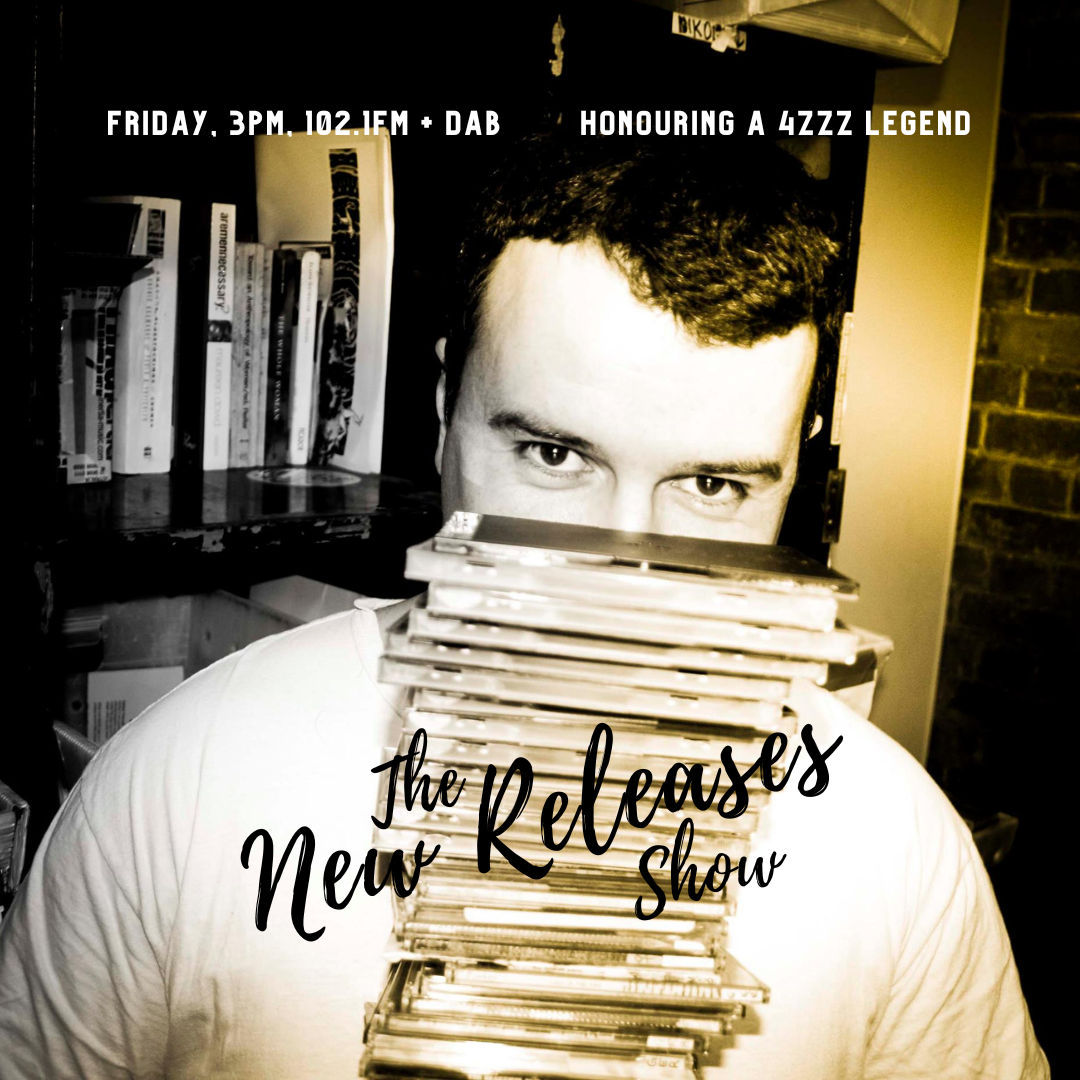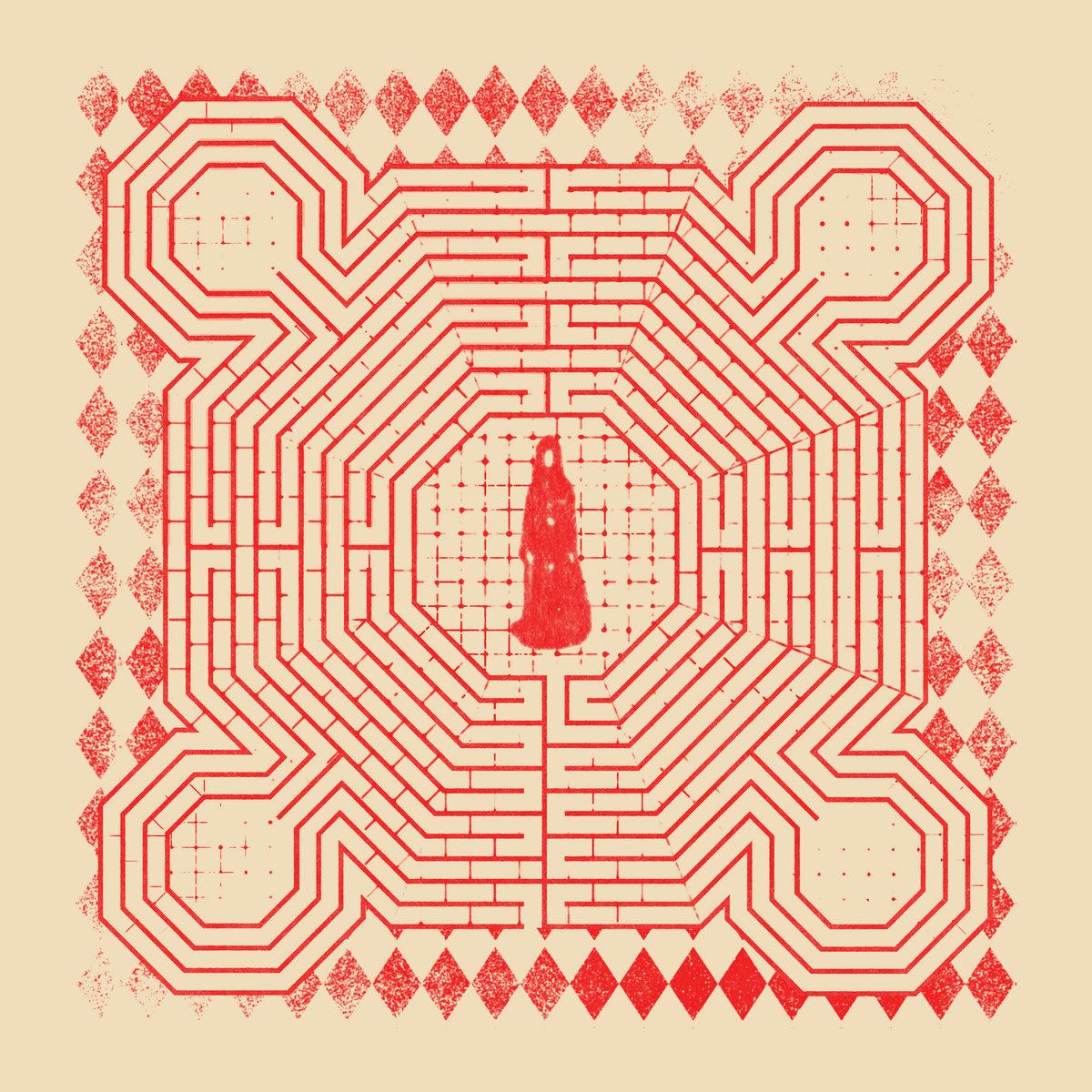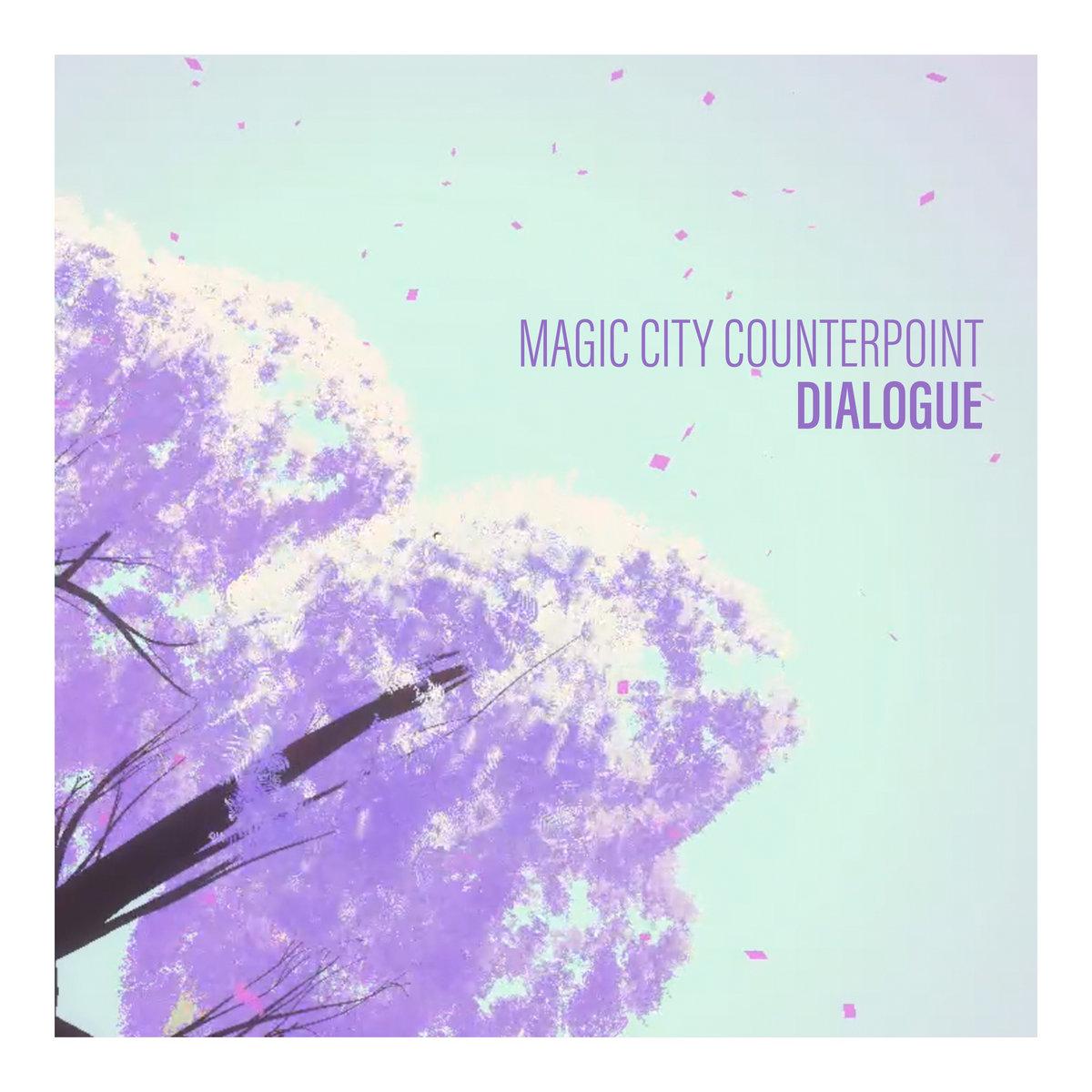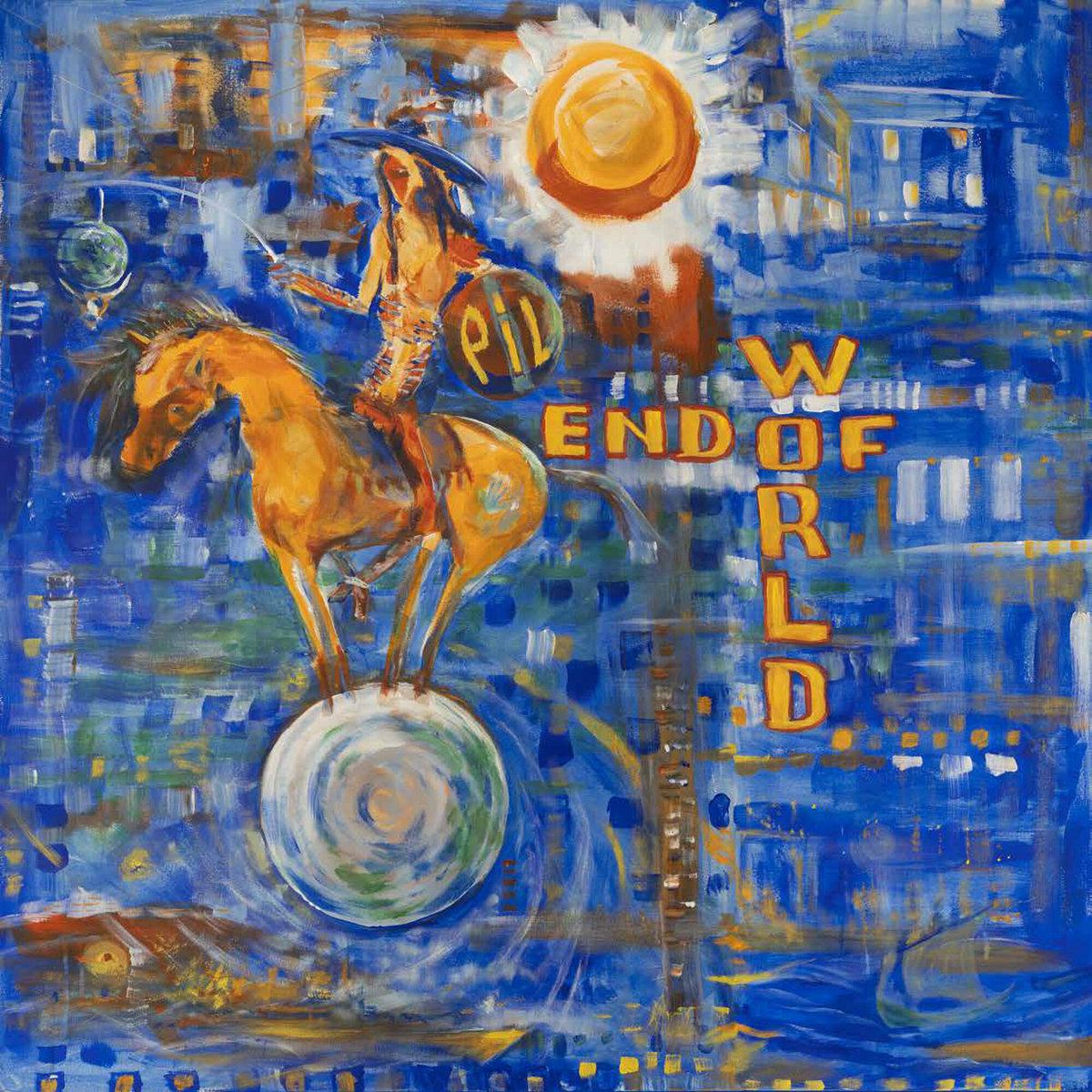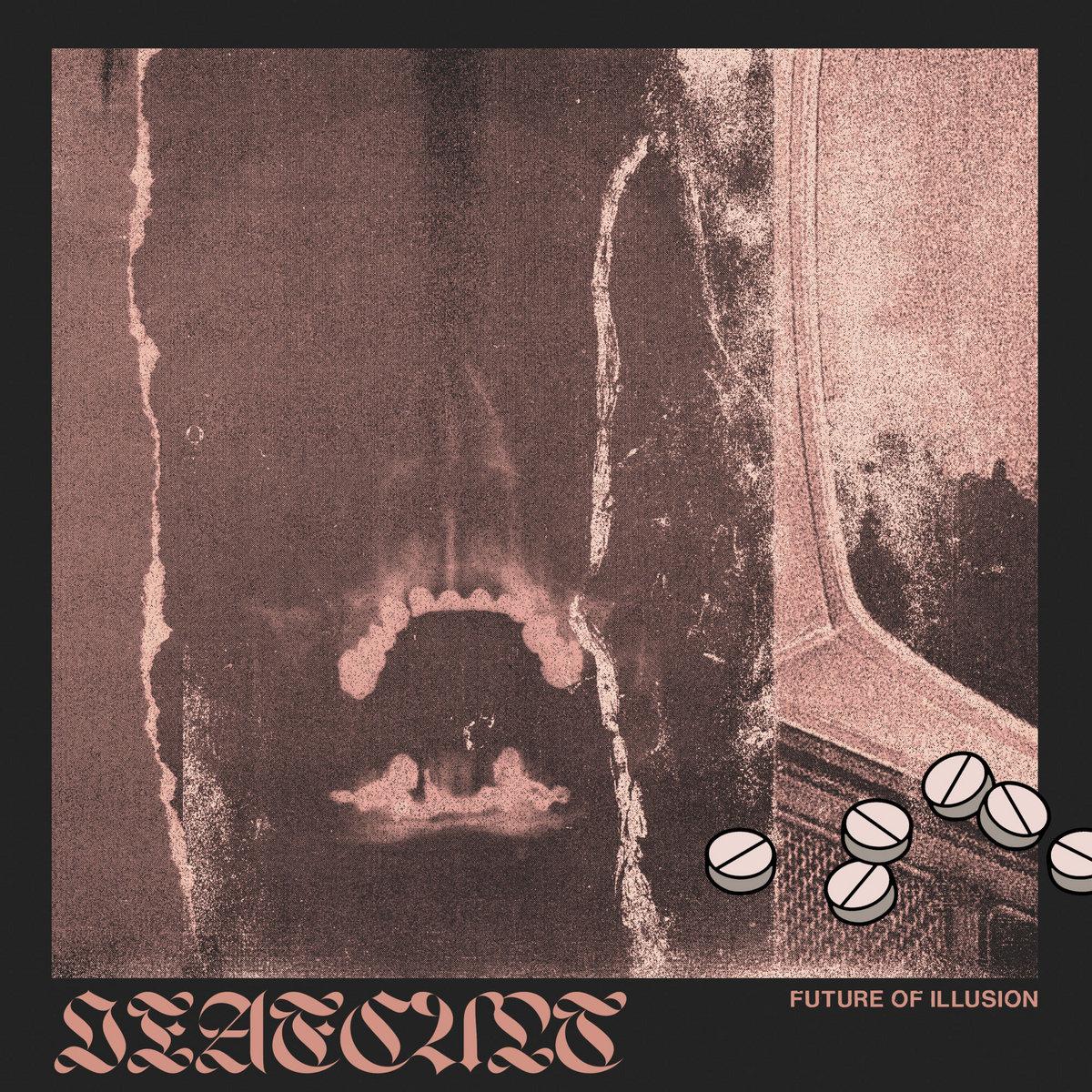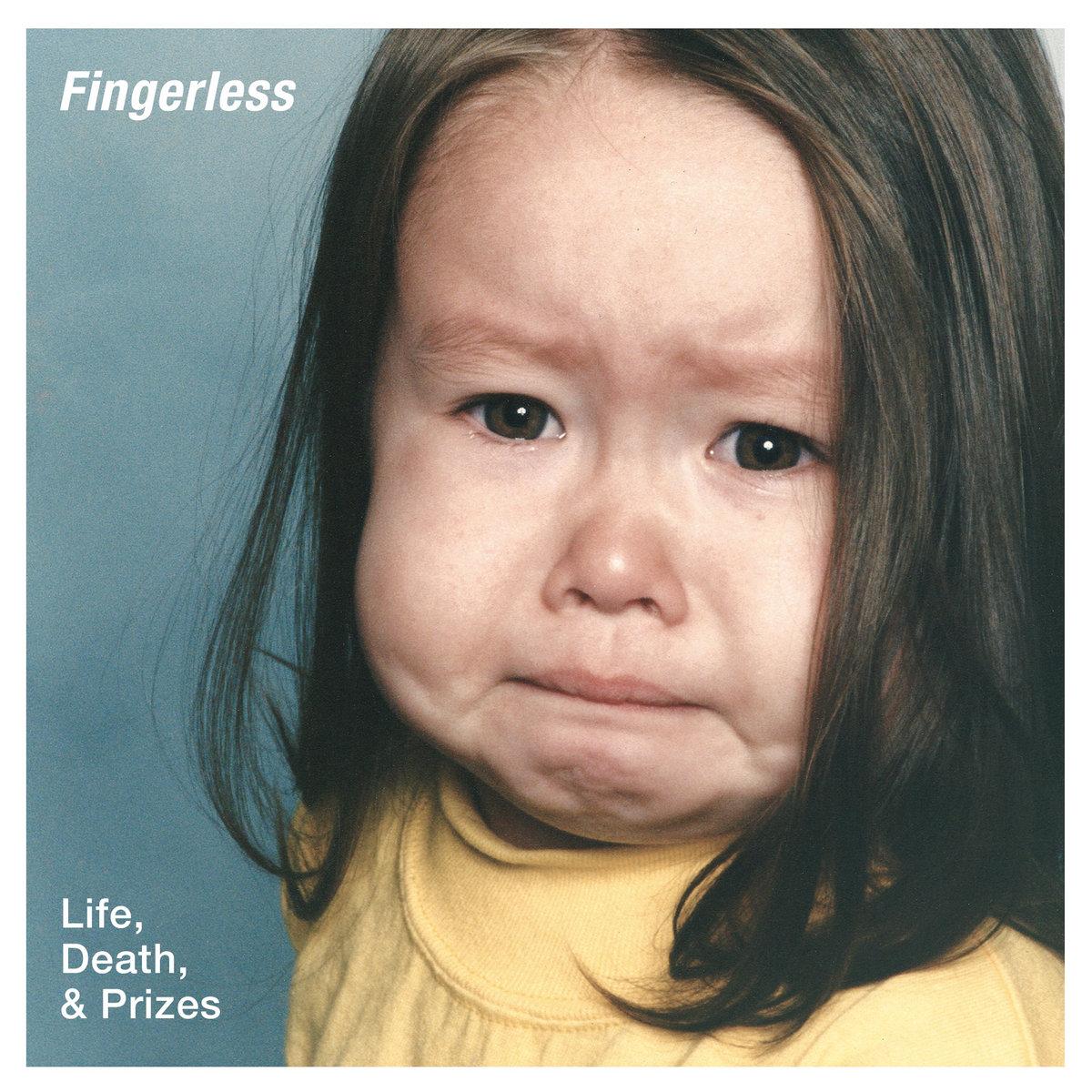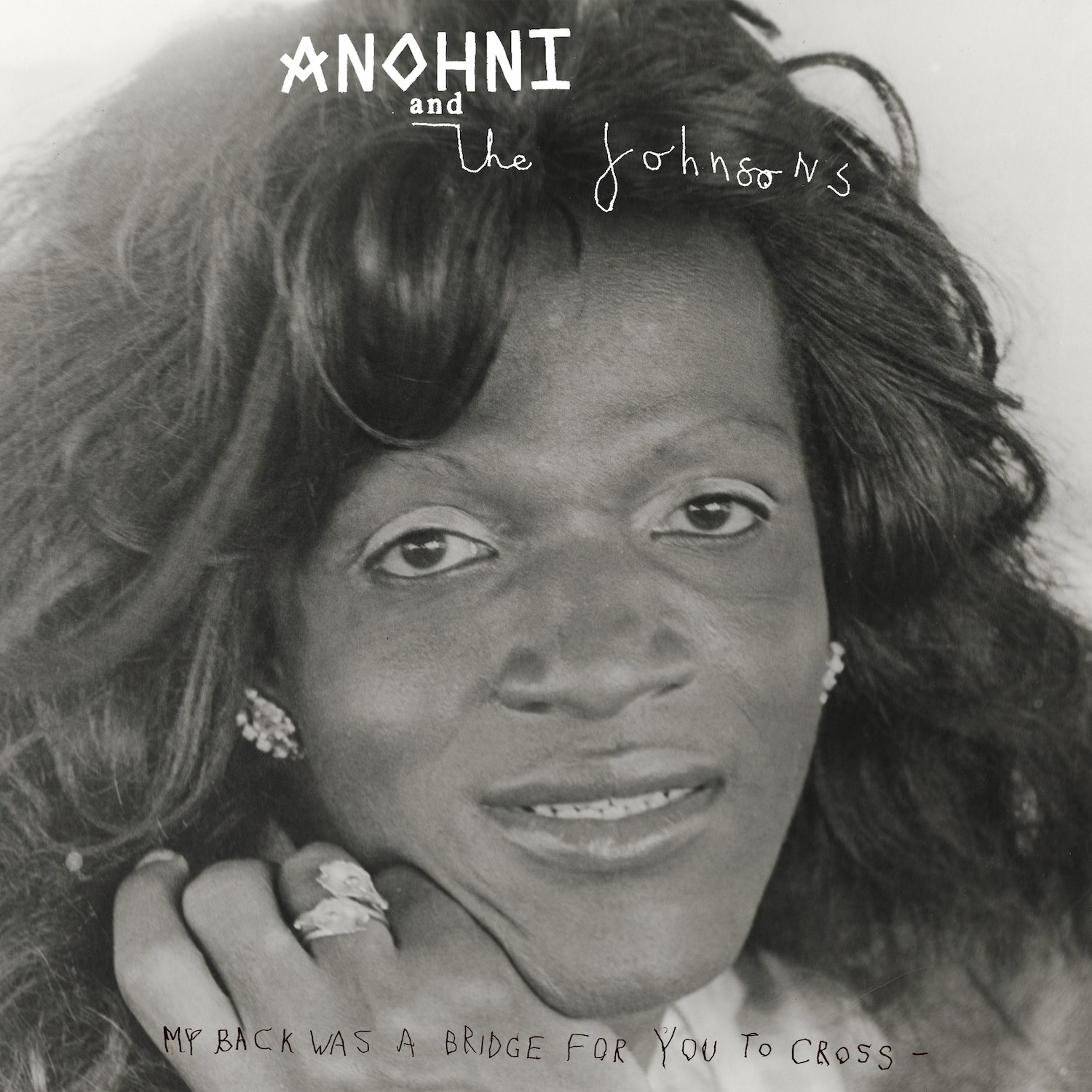
- The music industry likes to promote artists with a certain voice or vocal style as “unique” and “one of a kind”. Often this is mere PR spiel working to grab a jaded audience’s ear and there are surprisingly few artists who can be called “unique” and “one of a kind”. Anohni Hegarty is one of those few whose voice is hard to describe accurately. You could say “fragile”, “tremolo” “quivering” which would be correct, however, how do you account for the power in her voice that rages hard and punches into the solar plexus?
Returning to the band form as “…and the Johnsons” for the first time in more than a decade, following Anohni’s solo projects Hopelessness in 2016 and Paradise the following year, My Back Was a Bridge For You To Cross also returns Anohni to the musical feel of soulful jazz with a touch of blues and roots for additional flavour that was a hallmark of the early “….and the Johnsons” albums. This time, the band features new members – though – really the makeup of the band is a collection of session players who bring their skills for an album, rather than a solid line-up. That said, the band previously didn’t have guitarists as regular members and this fifth album rests solidly on the contributions from Rob Moose, Jimmy Hogarth and Leo Abrahams.
From the get-go, you are placed into that vibe with It Must Change and hearing the delicate playing of the three aforementioned along with bassist Samuel Dixon lays the groundwork for much of the album. Yet, immediately as you are feeling almost diaphanous (despite the powerful and challenging lyrics) you are thrown into the abrasive side of Anohni with Go Ahead, an angry tirade against a lover, friend, family member or even politician, whose own selfishness has dragged the singer into an area of pain that they’d rather not go through.
The album alternates between songs of longer form, the longest being Why Am I Alive Now at nearly six minutes in length, but it draws of the earlier days of “….and the Johnsons” – strings, keyboards mimicking wind instruments and an almost sunny percussion. Again, too, the almost uplifting thread of the music bed is in solid contrast to the anguish of the lyrics delivered with immense passion by the person who wrote them.
Anohni has drawn on specific areas of her life to mine for lyrical content – her passion for ecological justice (particularly with the Martu people of North West Western Australia) essayed on There Wasn’t Enough and a conversation with the dying Lou Reed about how the simplest of sensations had become a rapturous experience, such as an ice cube in the mouth and feeling it melt into cold water (on Sliver of Ice). Scapegoat directly addresses the hideous spectre of transphobia which is marching across the USA currently (and that influence is being felt in Australia all too readily as well) and she rages about someone “so killable” because that is what transphobia brings – death to people whose only wish is to live their lives authentically and peacefully. If only cisgender, usually heteronormative bullies could allow them that luxury.
Looming large across the album is Anohni’s muse, Marsha P. Johnson, whose gentle portrait graces the cover and who has been an influence on Anohni since they met in 1992, shortly before Johnson’s still unexplained, violent death. Johnson’s name contributed to the first iteration of the band as “Antony and the Johnsons” and now with the release of this album, Anohni has shelved their dead name and reformed the band in another homage to one of the leading figures of liberation and activism for the diverse in gender and sexuality community. Lyrically, several of the tracks seem to reference Johnson and the life they struggled with and at times thrived – Why Am I Alive Now? and the exquisite You Be Free which contains the album’s title in a poignant phrase acknowledging the cost of such activism and authenticity.
Anohni has offered one of the tenderest, and yet bitter, albums of the year, and perhaps of any time in the twenty-first century. A storyteller who doesn’t want the listener to get off the hook that easily just by sitting in a darkened room by themselves listening to this album and nodding about how dreadful things are. No, Anohni acknowledges the seeming hopelessness of our future, however, she also defiantly states that we need to raise up those around us and provide for avenues that others will walk and bridges they will cross, making for a better world and life for all.
Will it be reached any time soon? Probably not, though, that’s not the point. Without living authentically and making an effort on behalf of ourselves and those around us, we allow those who selfishly live only for themselves and then believing they have “won” – and what a hollow, empty victory that would be.
- Blair Martin.


